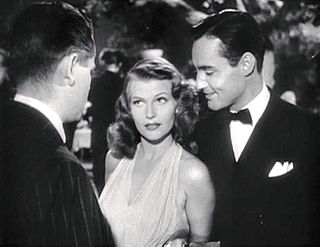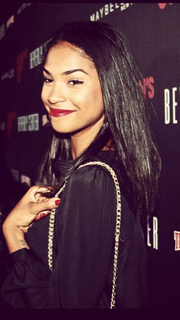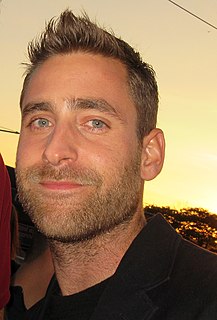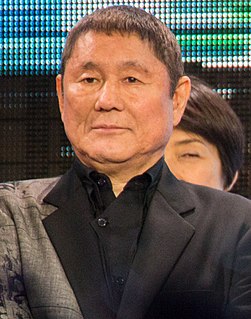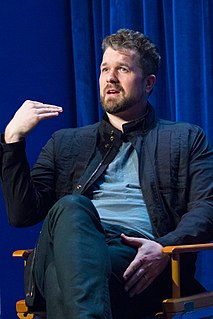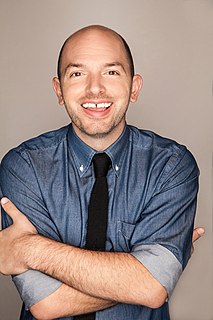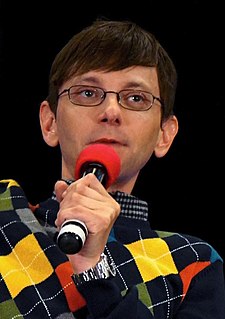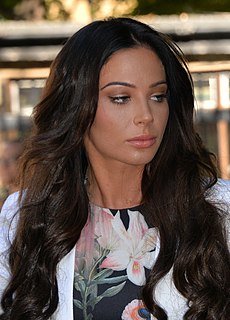A Quote by Mark Roberts
Nudity, in the right way, can enhance a film or a TV program or a TV commercial. If it's done tastefully it can make it more of an interesting product.
Quote Topics
Related Quotes
When I got to 'Looking,' I didn't know that you could write stuff and they would put it on TV. That was that experience. My boss was Andrew Haigh and he came from film; he had never done TV. It was his first TV show, and he was running it. And I think he was like, 'Write it, and we'll put it on.' It was lovely.
In film, it's up to the director to tell the story in whatever way he sees fit, and however you fit into that ultimate vision is where you fit in. So what you did on that stage, on that set, may not be what you ultimately see when you see the final product. And TV works so fast, it works so fast, it's just about product. The average TV show, one episode shoots eight, 10 days. That's it. You get three or four takes for a scene, and then it's over. But people do it for the money.
Doing TV shows helps me a lot in my screenplay writing and filmmaking, especially since my TV shows are in different formats: comedy sketches, talk shows, debate programs, art variety shows, quiz shows. These enable me to meet interesting people with interesting stories and to learn about interesting subjects, all of which I can reflect into film.
